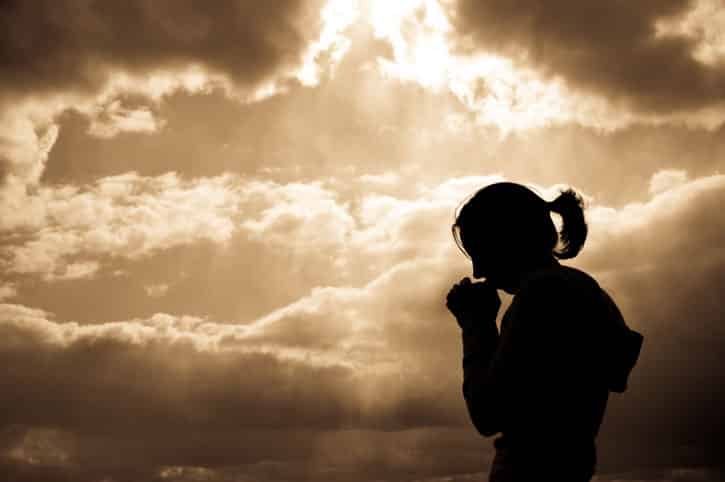 PeteWill/Getty Images
PeteWill/Getty Images As a young girl I became very attuned to when Pesach was about to appear. My mother shifted her focus of daily home-making – cooking, cleaning, washing, ironing, etc. to much larger concerns in the house. It was time to clean out the drawers and the closets, paint a room or two, and get my dad to shlep up the boxes from the basement with the Pesadic dishes, cutlery, and cookware needed for the coming weeks. So began her journey of preparation and demanding physical labor that culminated in a transformation of our home. Ironically it was almost a ‘slavish’ activity, physically demanding and exhausting, yet nothing seem to give my mother more purpose than the attention she gave to making sure every tiny particle of chametz was removed and sent on its way. Fortuitously, it merged with spring cleaning, a necessary activity, so she would accomplish two tasks at once. I couldn’t help thinking that her experience in Auschwitz, with its dehumanization and filth, drove her to become fastidious about her environment.
Chametz is leaven or food mixed with leaven, prohibited during Passover. The eight-day holiday is the most physically demanding of all the holidays, at least for the women of the house who usually do the cooking and cleaning. Cleaning our homes, rearranging the dishes, cookware, etc., so everything is replaced with distinctive household items used only for those eight days, along with enormous amounts of special and appropriate food, is a yearly ritualistic endeavor. The highlight of course are the two nights of gathering with friends and family, moving through a ceremonial, ordered ritual meal as well as reading a book, the Haggadah, filled with blessings, stories, and stimulating questions to discuss. Haggadah literally means ‘the telling,’ of our historical journey from slavery to freedom and the exodus from Egypt. The enormous energy of the body, to prepare for these two nights, is in large part a piece of the process, being able to identify with our enslaved brethren and their physical labor.
And yet there is a wholly/holy, different side to preparing for this holiday. It is symbolically acted out the night before Passover begins. In the dark of the evening, we go from room to room, using a feather and a candle, gathering any particles of breadcrumbs from our homes, put them in a container and burn them the next day, in the daylight, both as a final act of cleansing, as well as a symbolic offering. The rabbis wanted to enact a ceremony that would engage children in the original ‘hunt,’ that may have inspired Christians to go on an Easter egg search. But this activity, both for adults and children, is a custom that concretizes the importance of ridding every possible piece of chametz from our homes.
As all symbolic acts associated with Jewish holidays, there is always a spiritual side as well.
It is an opportunity to do a search beyond my physical environment and to look deeper into my life for the unwanted particles, the chametz of the spirit.
Preparing for Passover needs to engage every part of our being – body and soul. This ritual, for me, has become an important marker of the holiday on a deeper level. It is an opportunity to do a search beyond my physical environment and to look deeper into my life for the unwanted particles, the chametz of the spirit. Chametz, being leaven, is seen as something that inflates and expands. Perhaps we need to search within for where we fill the empty spaces of our lives with those things that falsely inflate us or even camouflage loss, pain, or suffering; fill areas of insecurity and lack of confidence, or expand our egos, presenting a false self or even hold on to destructive stubborn tendencies, just like Pharaoh, which ultimately led to the death of his own son. Perhaps some of our Israeli leaders could do such a search within as well.
Like so many of our Jewish holidays, Passover is an opportunity to look into the crevices of our hearts to find those particles that need to be gathered and released, even perhaps written on a piece of paper and burned, just like the crumbs of bread from our homes. It is a time to symbolically discard the non-productive ways we enslave ourselves and come to the Seder much more liberated.
Eva Robbins is a rabbi, cantor, artist and the author of “Spiritual Surgery: A Journey of Healing Mind, Body and Spirit.”





















 More news and opinions than at a Shabbat dinner, right in your inbox.
More news and opinions than at a Shabbat dinner, right in your inbox.